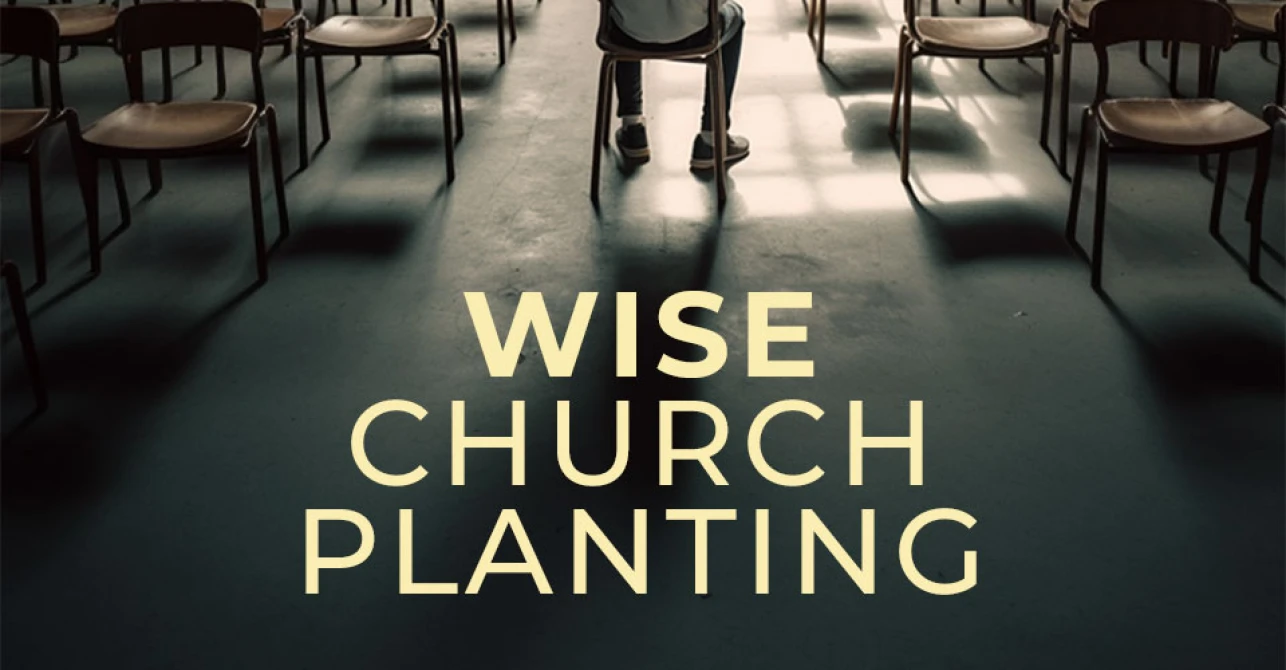Wise Church Planting: An Introduction
When was the last time you were at a ministry conference (or any sort of conference) and the speaker at the front was someone who had failed. That is, their plans, dreams and hopes for their project had decidedly dive–bombed? And if that kind of person was given the opportunity to speak, would we even be willing to listen, or is it just the ‘experts’ who have a track–record of ‘success’ that we care about?

This book is an attempt to hear the precious voices of those from around the globe, whose varied church planting exploits hadn’t (or haven’t) gone as they planned, and to seek to heed the lessons from their experiences. They say that to be forewarned is to be forearmed. What if we, rather than ignoring them or discounting them, listened and learned and perhaps even sought to re–think our church planting processes and practices and so, somewhere down the line, end up with plants (and planters) in healthier situations?
What if we, rather than ignoring them or discounting them, listened and learned and perhaps even sought to re–think our church planting processes and practices and so, somewhere down the line, end up with plants (and planters) in healthier situations?
All in, 80 church planting interviews from 27 countries were listened to. Some huge (a core team of 200) and others tiny (just a family with a couple of friends), some urban, some rural, some in between. Some started with a single clear ‘mother–church’, some were collaborations between churches, and some began with a (proverbial) parachuting in of a small team. From these diverse conversations came 12 clear themes and threads emerging that give us, and future ministry projects, insightful questions to ask both at the beginning as we launch, but also as the project gets going.
These 12 threads range from problems (or pitfalls) within the plant or the planter such as character or gifting issues, the pressure on the planting family or even an impatient drift to trust in the wrong kinds of things (coffee and websites and graphic design instead of patiently preaching and praying!) as well as problems without such as opposition, a lack of provision or even an unhelpful wider ministry ‘culture’ where individuals are naive in their expectations as to how easy or fruitful the project will be – they expected quick growth but the ground was much harder than anticipated.
As we hear the voice of the battle worn who have struggled and are now limping along (or for a good number, doing something else) we’re better able to consider where some of the pitfalls might be and so ask good (but often hard) questions, as well as make pre–emptive plans to avoid repeating the mistakes of those who have gone before. Too often in the past the ‘bad–news stories’ have been swept under the carpet. Hindsight is a brilliant thing, but only if we actually know about what’s gone before.
And so what does wise church planting mean? It means rather than being sucked into a dysfunctional cycle of repetition, we learn the hard–learned lessons of those who have gone before. Those who have honestly (and often bravely) told their stories that we might benefit and perhaps, avoid some of their pitfalls.

